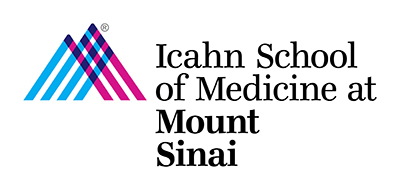The Institutes for Translational Sciences at the Icahn School of Medicine at Mount Sinai (ConduITS) offers an NCATS funded TL1 Career Development Award for Clinical and Translational Science for outstanding Pre-doctoral (PhD or MD/PhD) trainees and Postdoctoral (PhD, MD, or equivalent) research fellows.
For more information about the TL1 Pre-doctoral program – please contact Haley Swilling at haley.swilling@mssm.edu
For more information about the TL1 Postdoctoral program – please contact Lisa Cole at lisa.cole@mssm.edu
Specific objectives of this TL1 Career Development Program are to:
- Identify and support talented trainees at Mount Sinai who are committed to academic careers in transdisciplinary patient-centered clinical/translational (C/T) research.
- Enable award recipients to design, implement, analyze, and publish rigorous studies in transdisciplinary patient-centered C/T research.
- Provide trainees with transdisciplinary mentorship and promote the development and implementation of an individually tailored career development plan (IDP).
- Enable trainees to plan, write, submit and acquire funding for an externally sponsored grant award (F award or equivalent)

